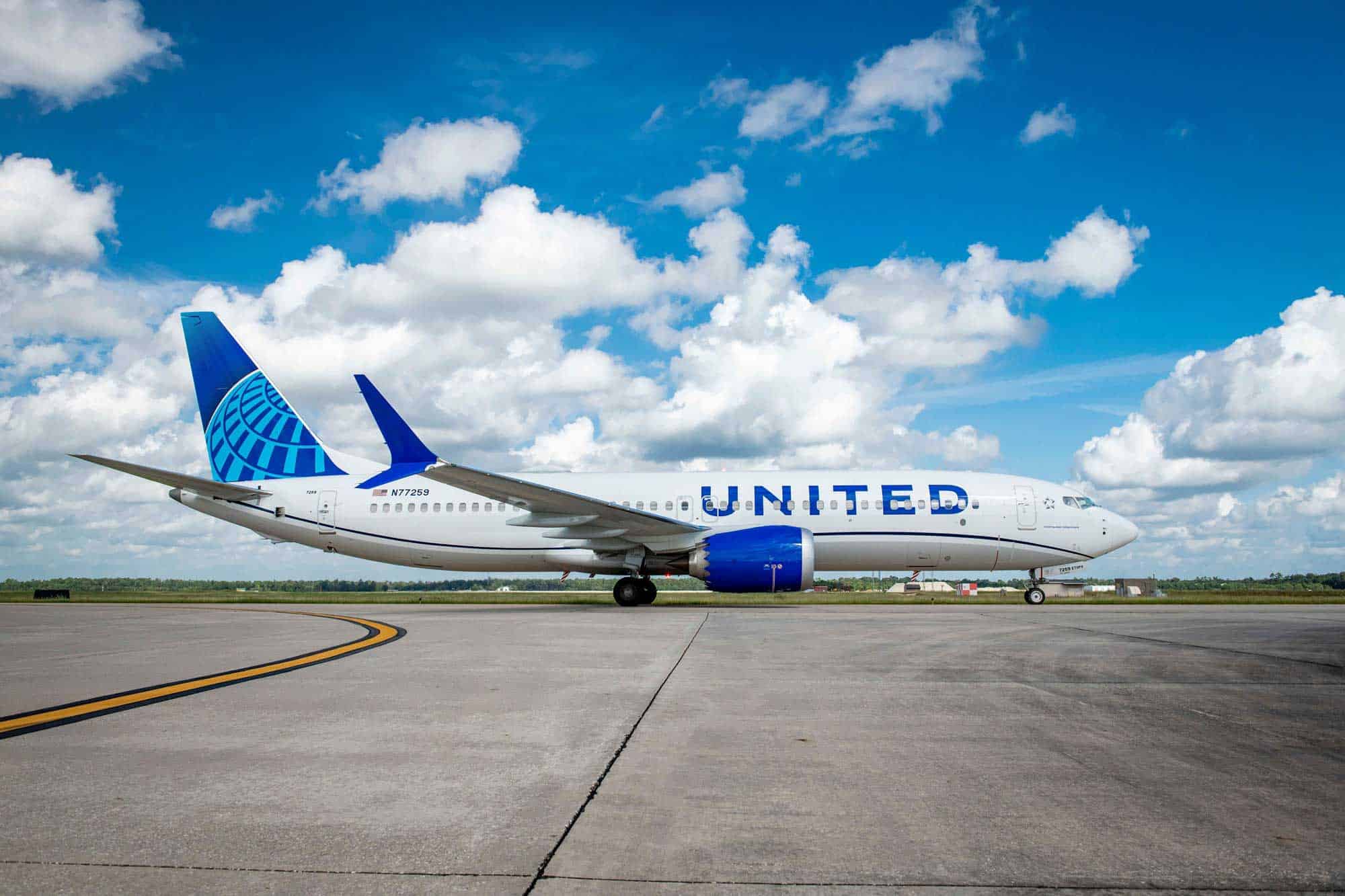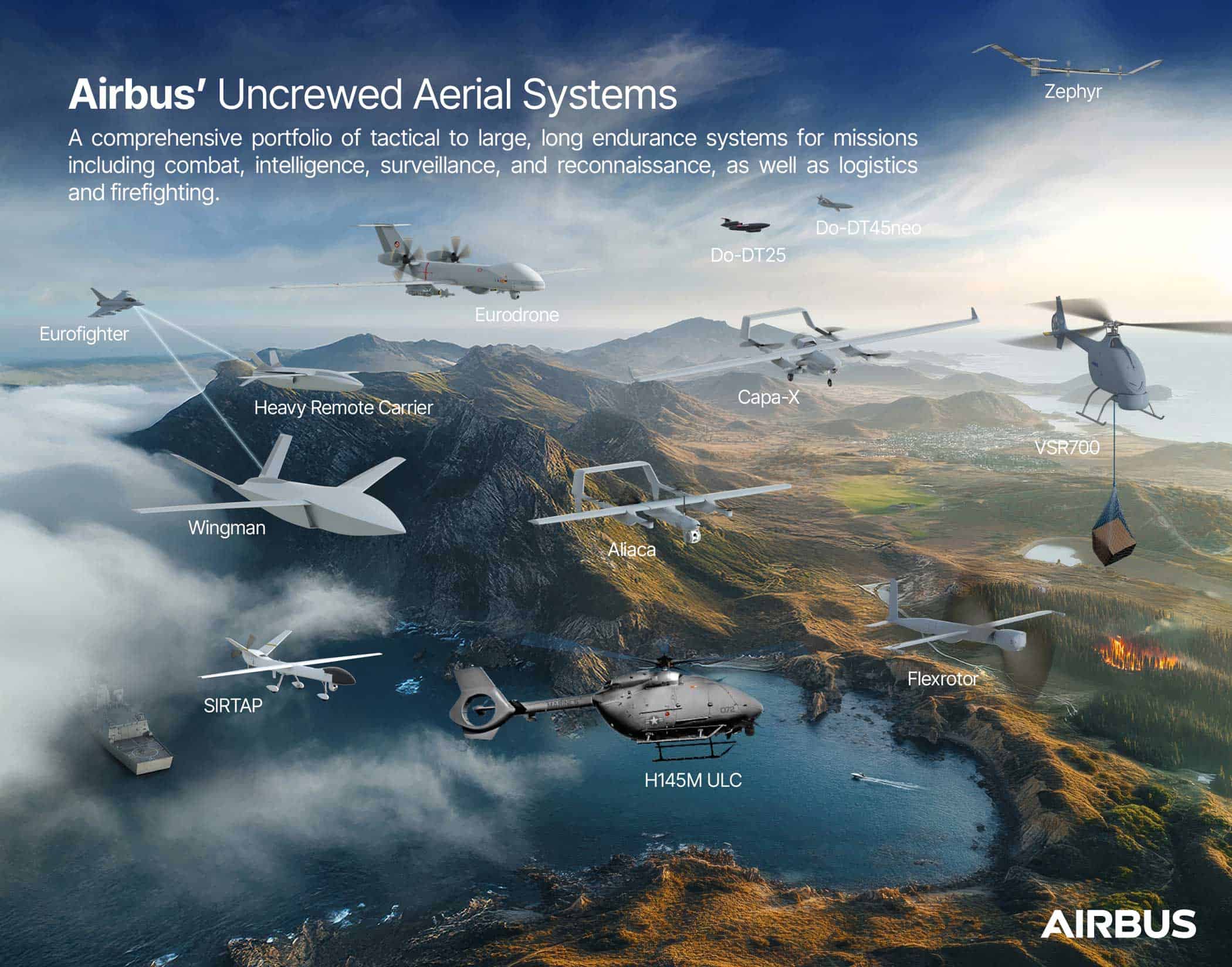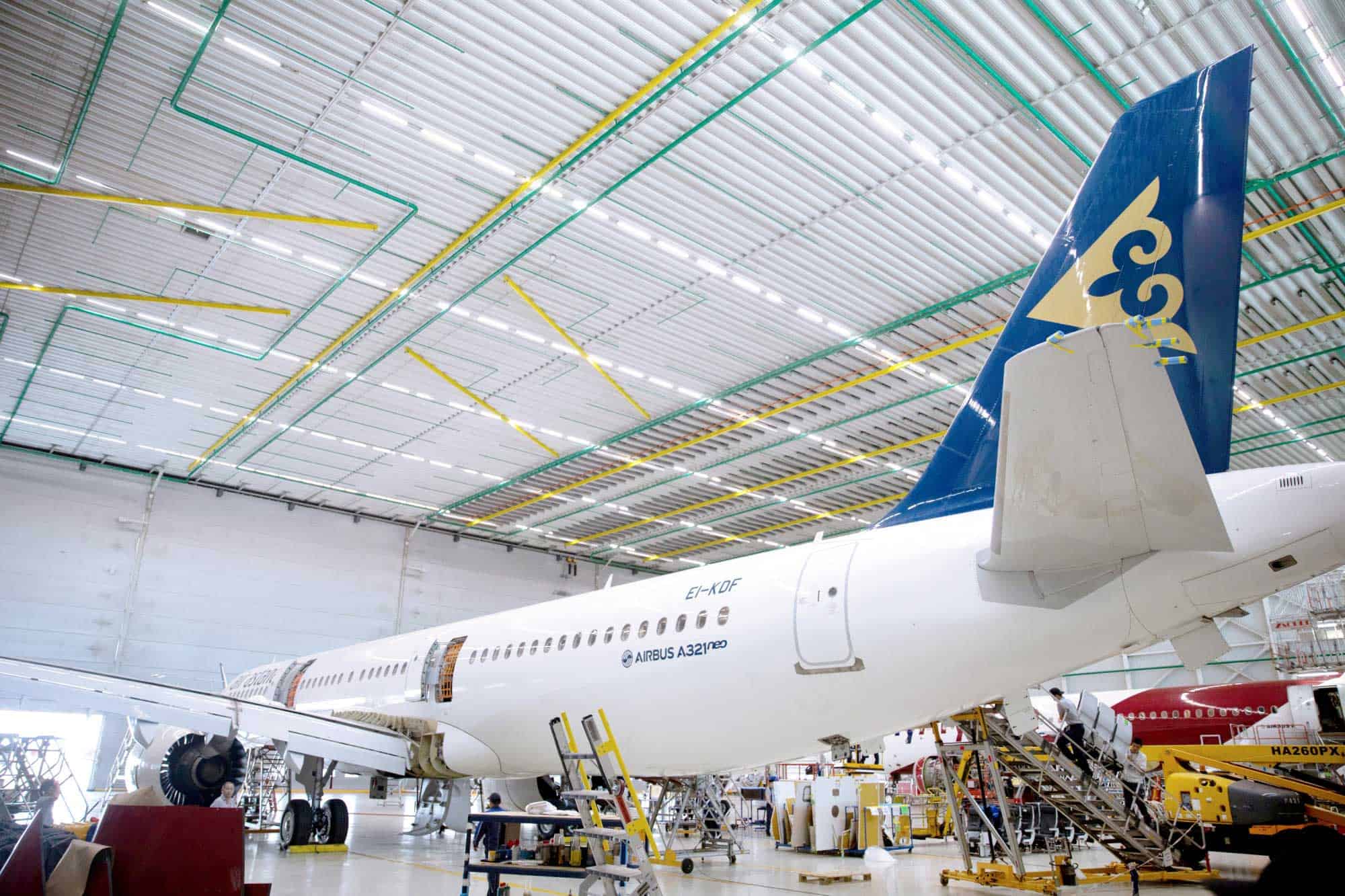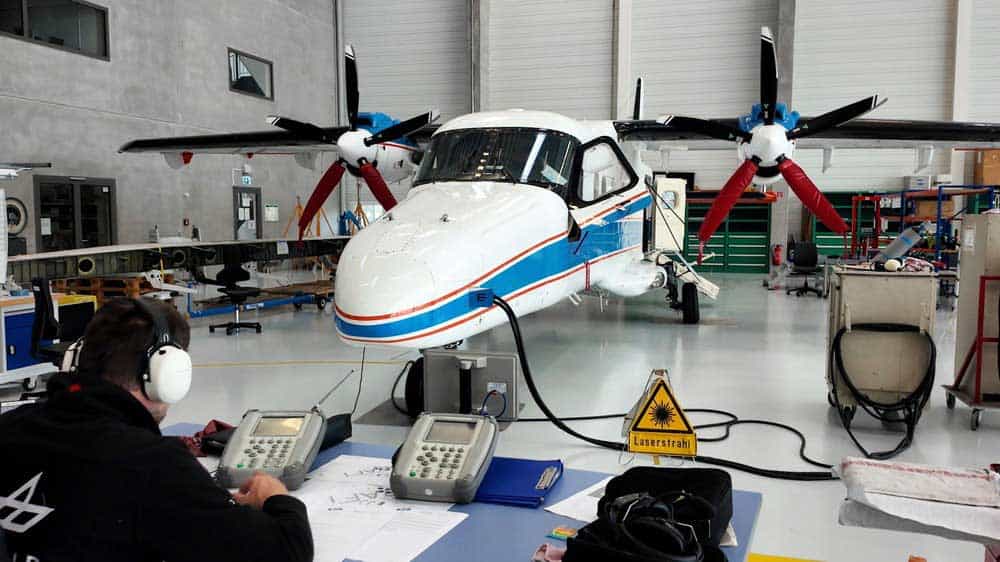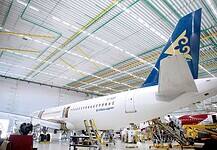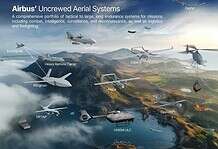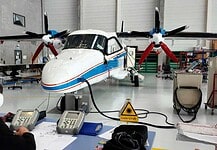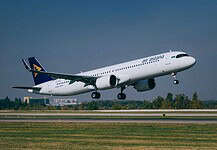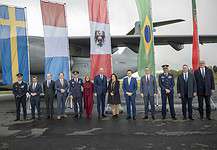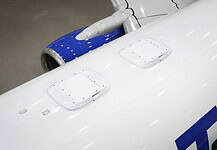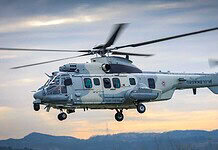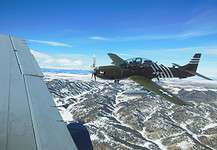This site is also available on:
Deutsch
New impetus for the air cargo industry through Swiftair’s membership in BARIG
Swiftair’s integration into the international airline association BARIG (Board of Airline Representatives in Germany) marks an important step for the development of the air cargo industry in Europe and the neighboring regions. As an established Spanish cargo airline with over 30 years of experience, Swiftair serves numerous routes not only within Europe but also into Africa, specifically North and West Africa. This latest development reflects the importance of networking and collaboration in a constantly changing market where flexibility and innovative business models are becoming increasingly important.
BARIG is one of the most important organizations that pools the interests of airline representatives in Germany, intensively promoting not only passenger airlines but also the air cargo sector. Given the complex market conditions and challenges, the industry is faced with the task of constantly offering new and flexible solutions to maintain supply chains even in times of crisis and to ensure efficient global freight transport. The addition of Swiftair expands BARIG’s offering to now more than 30 international cargo airlines and underscores the growing demand for specialized air cargo logistics.
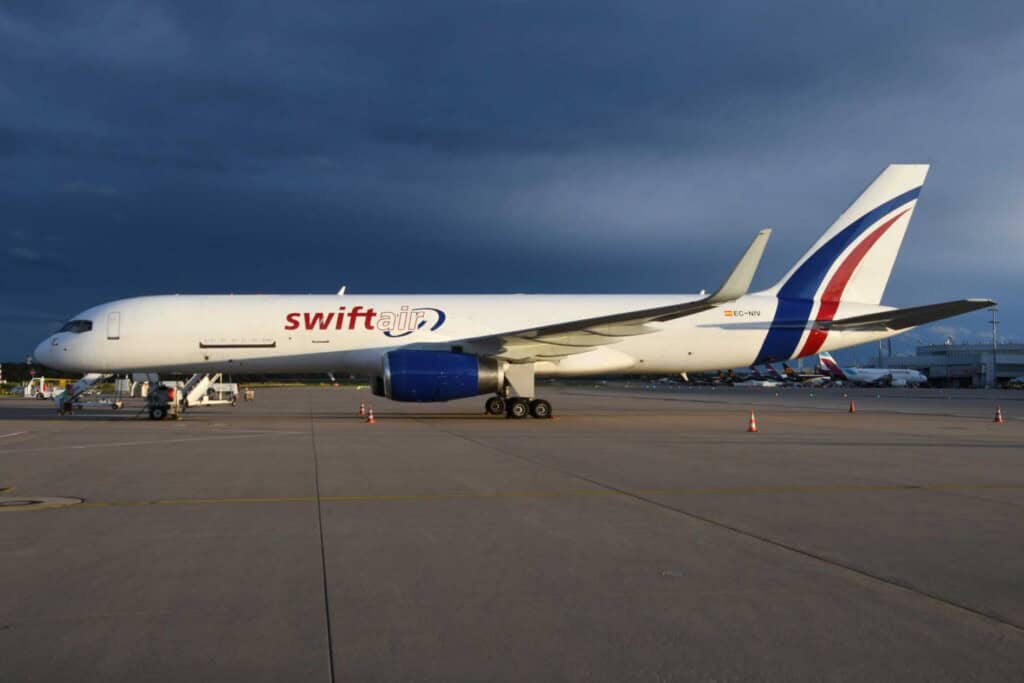
Swiftair’s role in modern cargo logistics
As a long-established airline headquartered at Madrid-Barajas Airport, Swiftair has developed a diverse portfolio of services. The company is known for its flexibility, particularly evident in wet-lease and charter flights, as well as complementary aircraft maintenance services. Its business model relies on adaptability and customized solutions that meet customer requirements from a variety of industries. Customers include not only large, internationally active logistics companies, but also organizations of global importance such as the United Nations, which rely on reliable and expedited air cargo services.
Swiftair’s operational fleet plays a key role in the European air cargo landscape. It comprises 43 freighters of various types, including ATR42s and ATR-72s, which are primarily suitable for shorter routes and smaller cargo volumes, as well as larger models such as the Boeing 737, Boeing 757, and Airbus A321, which are used for longer and higher-volume cargo transports. This versatility enables Swiftair to efficiently transport both standard cargo and specialized shipments – for example, time-critical or dangerous goods.
Challenges and future prospects in the air cargo business
The air cargo market faces a multitude of challenges that require continuous adaptation of business models. Global events such as geopolitical tensions, economic volatility, environmental regulations, and digitalization are significantly impacting the industry. In this environment, flexible airlines like Swiftair, which are characterized by adapted services and agile structures, are gaining increasing importance.
Michael Hoppe, Chairman and Executive Director of BARIG, emphasizes that air freight is undergoing profound change. Current market dynamics require innovative and flexible concepts to ensure stability and efficiency in the supply chain. Swiftair’s membership in the BARIG network promotes intensive exchange among members, who are working together on the future of air freight. Collaborations within this framework lead to optimized processes, adaptation to environmental standards, and improved service quality.
Marcel Fleck, Country Manager of Swiftair, describes membership in the BARIG Air Cargo Community as a valuable opportunity to further develop internal service offerings and jointly find solutions for the diverse market requirements. The cooperative exchange in working groups and strategic partnerships strengthen the position of all participants and lead to the sustainably successful development of the air cargo industry.
Importance of air freight for economic and trade networks
Air freight has become an integral part of global and regional economic networks. Especially in times of increasing demand for fast and reliable transport routes, air freight plays an indispensable role. It enables the timely delivery of sensitive and valuable goods, from medicines and high-tech components to fresh food and e-commerce products.
The search for customized solutions, such as those offered by Swiftair and promoted within the BARIG network, is therefore essential. The flexibility in flight planning and the availability of various charter and wet-lease options offer companies an attractive way to meet even short-term transport needs. This is especially important for international corporations and organizations that rely on a reliable supply chain and must deal with market fluctuations.
Furthermore, maintenance services provided by Swiftair support the operational safety and availability of its aircraft fleets. They thus make a decisive contribution to the reliability of air cargo services. The use of modern and diverse aircraft types also enables the company to optimize its ecological footprint and make operations more efficient.
Conclusion: With cooperation and innovation into a successful future of air freight
Swiftair’s inclusion in BARIG underscores the importance of cooperation and continuous innovation within the air cargo industry. In an increasingly complex and dynamic market environment, the ability to be flexible and offer specialized and reliable transport solutions are crucial for sustainable success.
The Spanish airline brings not only extensive experience and a diverse fleet, but also a willingness to collaborate internationally to actively shape the challenges facing the industry. Together with other members of BARIG, Swiftair offers a wide range of services that meet the demands of modern air cargo.
The dynamic market development requires robust networks and continuous dialogue between airlines, logistics companies, and regulatory institutions. This close cooperation promotes the development of forward-looking concepts that increase the efficiency of air freight while simultaneously taking environmental aspects into account. As an integral part of global and regional supply chains, air freight will continue to play a key role for business and trade in the coming years.

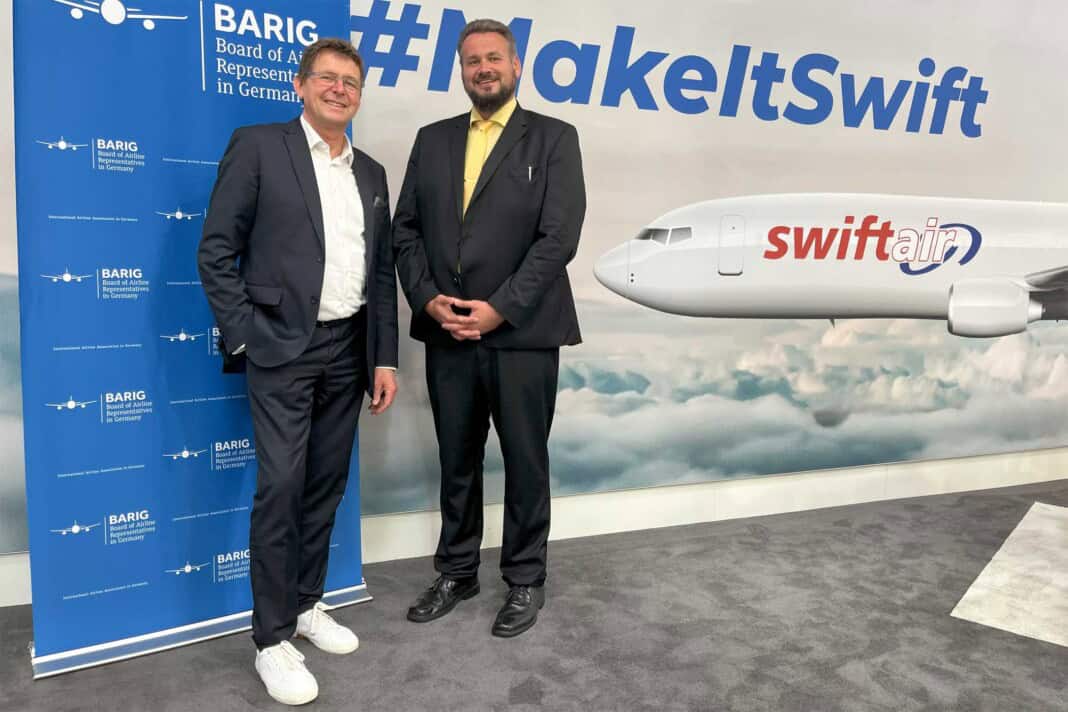
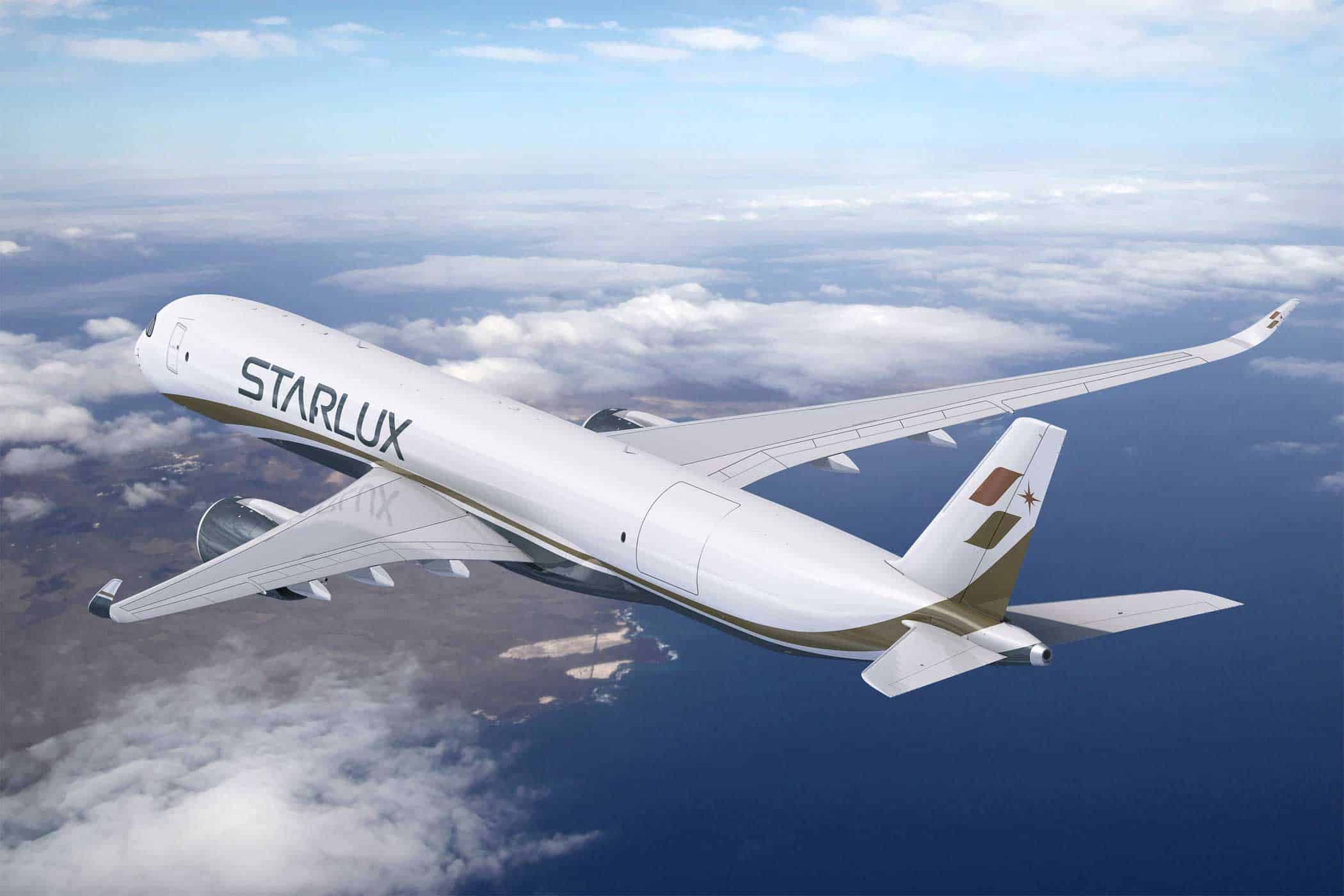 STARLUX increases cargo capacity with Airbus (STARLUX increases cargo capacity with Airbus)
STARLUX increases cargo capacity with Airbus (STARLUX increases cargo capacity with Airbus)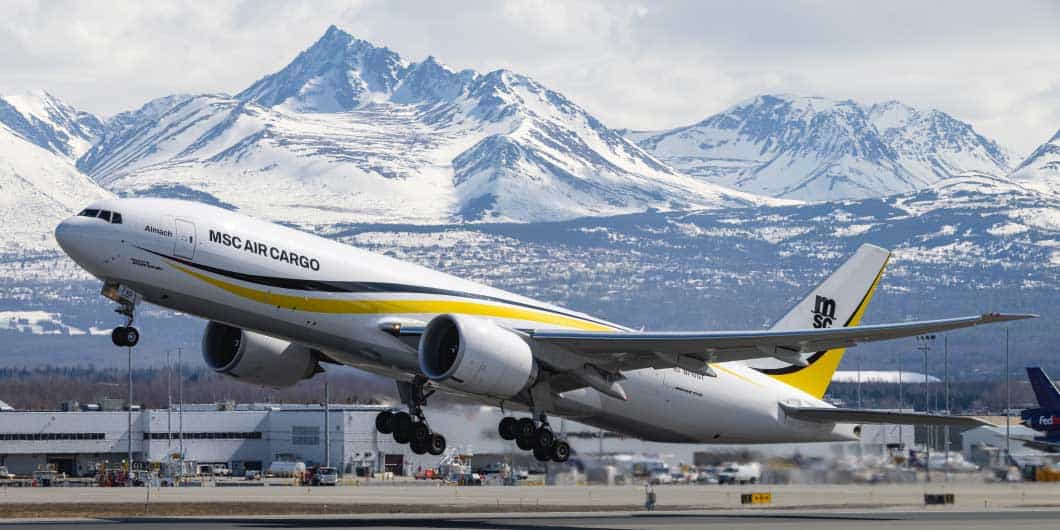 MSC Air Cargo strengthens the BARIG air freight division as a new member (MSC Air Cargo strengthens the BARIG air freight division as a new member)
MSC Air Cargo strengthens the BARIG air freight division as a new member (MSC Air Cargo strengthens the BARIG air freight division as a new member)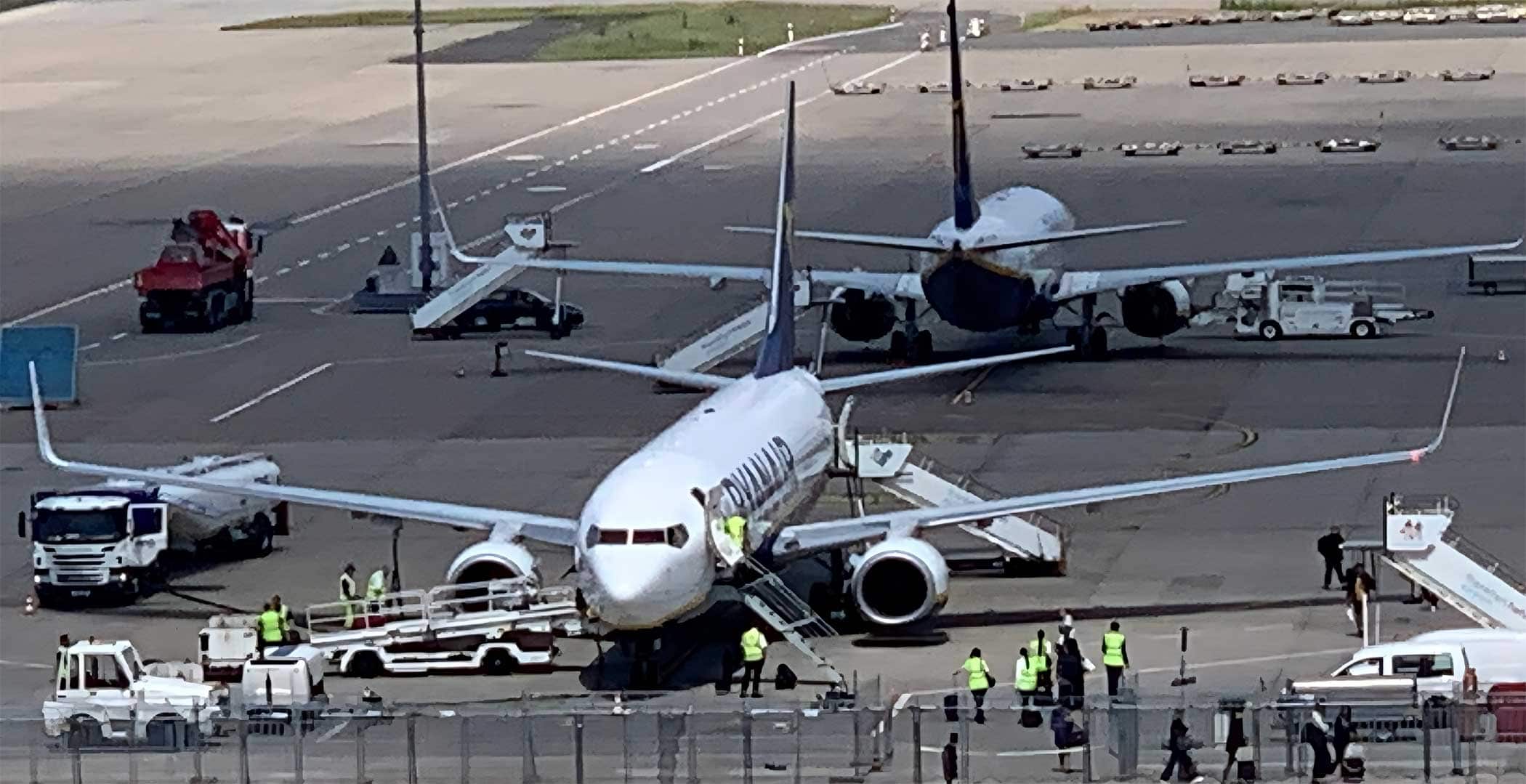 Hahn Airport reports growth in passenger numbers and freight (Hahn Airport reports growth in passenger numbers and freight)
Hahn Airport reports growth in passenger numbers and freight (Hahn Airport reports growth in passenger numbers and freight) Frankfurt Airport: Europe’s leading pharmaceutical hub for the global healthcare market (Frankfurt Airport: Europe’s leading pharmaceutical hub for the global healthcare market)
Frankfurt Airport: Europe’s leading pharmaceutical hub for the global healthcare market (Frankfurt Airport: Europe’s leading pharmaceutical hub for the global healthcare market)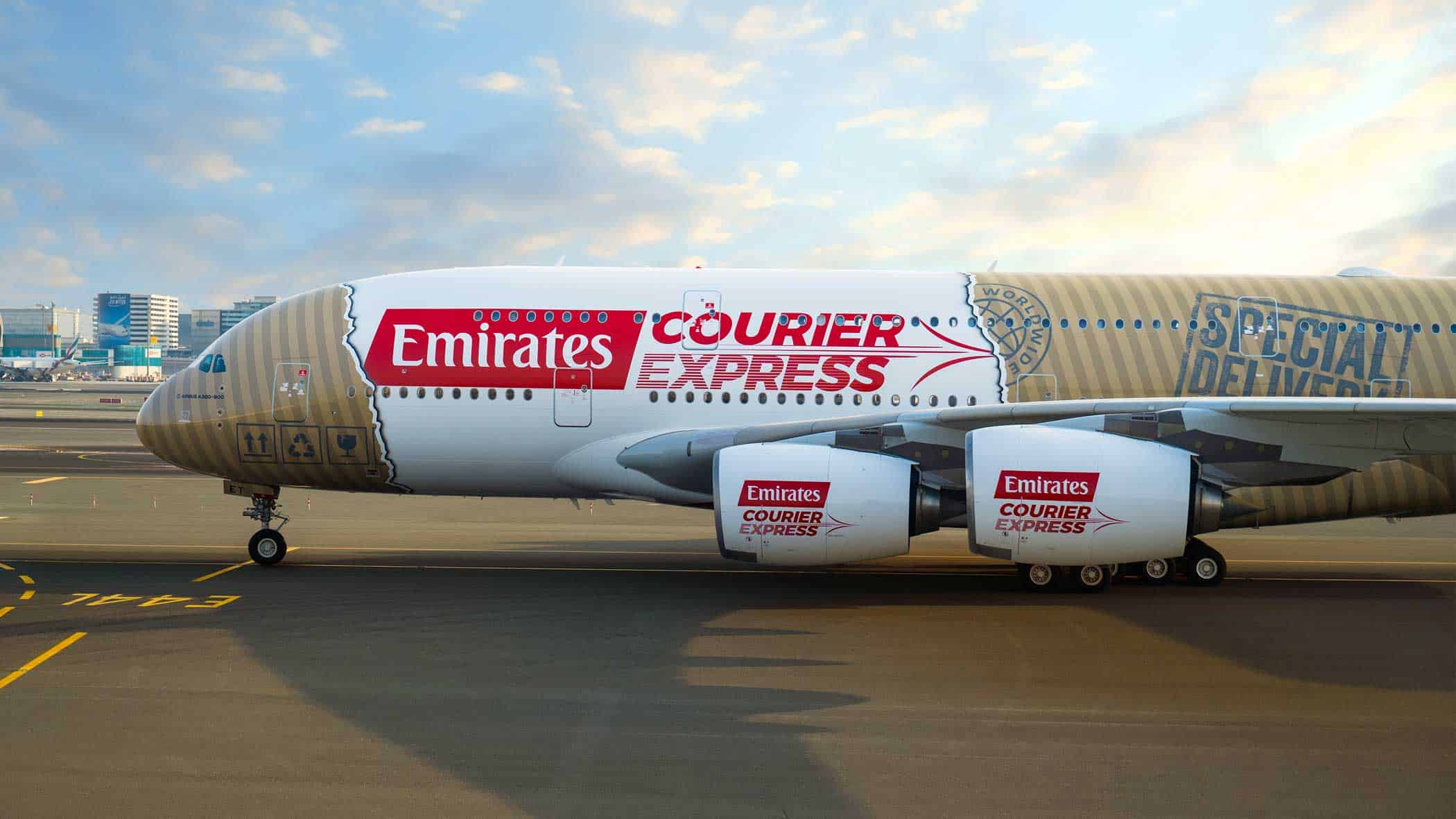 Emirates unveils A380 with special Courier Express livery (Emirates unveils A380 with special Courier Express livery)
Emirates unveils A380 with special Courier Express livery (Emirates unveils A380 with special Courier Express livery)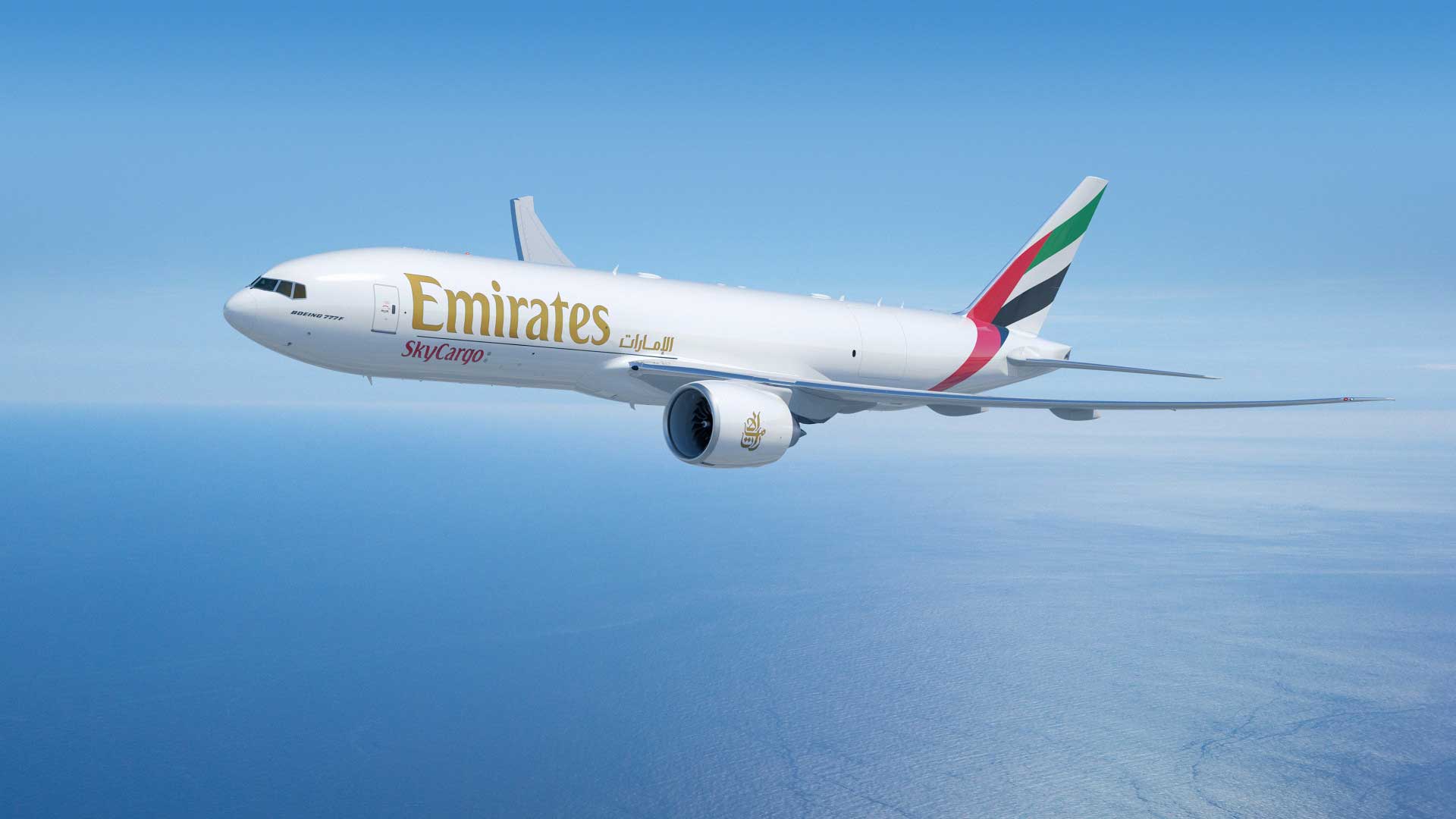 Emirates SkyCargo increases cargo capacity to Narita (Middle East) (Emirates SkyCargo increases cargo capacity to Narita (Middle East))
Emirates SkyCargo increases cargo capacity to Narita (Middle East) (Emirates SkyCargo increases cargo capacity to Narita (Middle East))